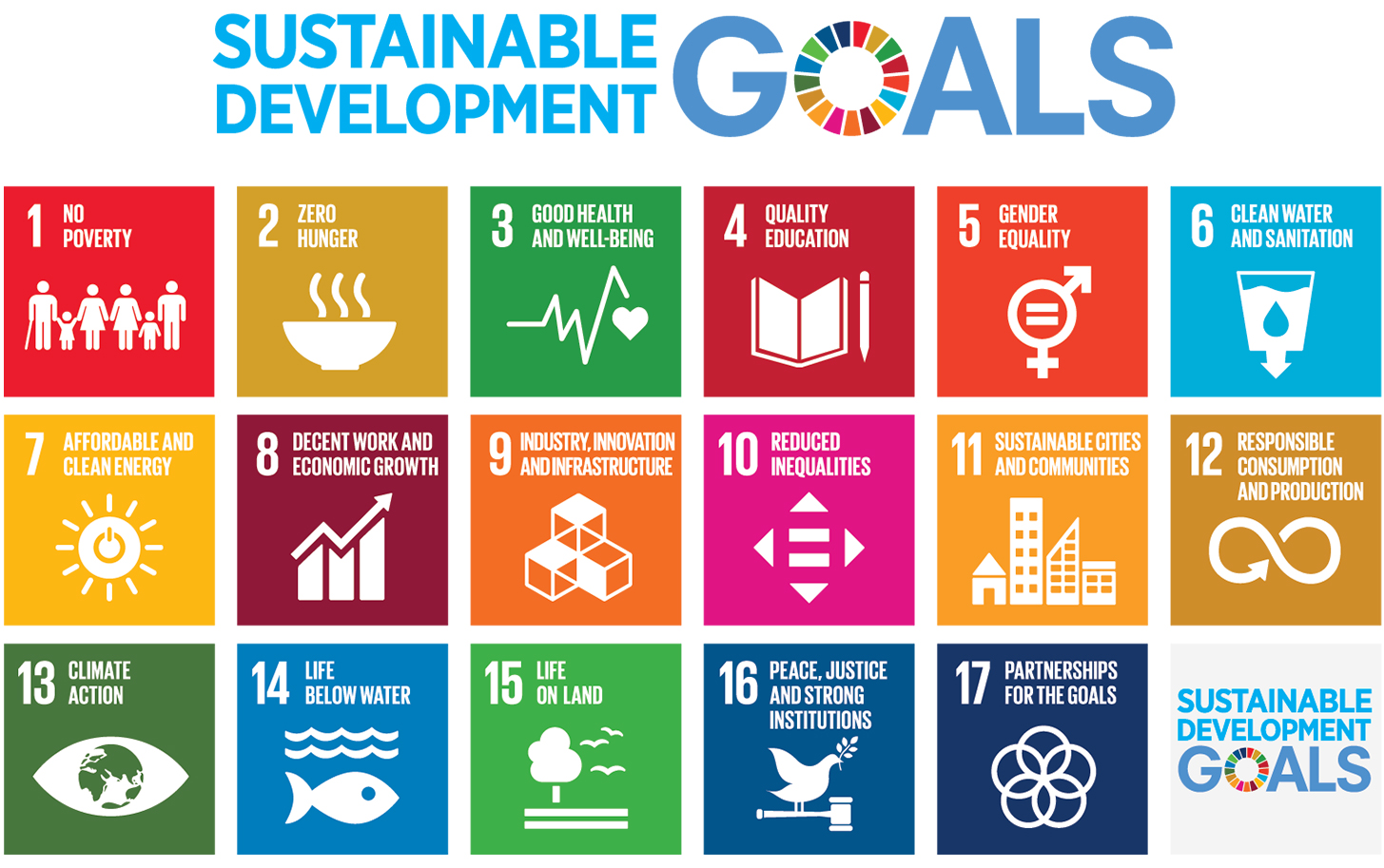UQ Business School is a proud supporter and Advanced Signatory of the United Nations Principles for Responsible Management Education (UN PRME).
PRME is an initiative of the United Nations Global Compact founded in 2007 as a platform to encourage and increase awareness and integration of sustainability in business schools around the world.
Today, PRME is the largest coordinated effort between the world’s business schools and the United Nations. UQ Business School became a PRME signatory in 2015. As a school, we understand the privilege and responsibility of providing quality education that gives learners the knowledge and tools they need to succeed, change lives and transform societies.
UQ PRME reports
Our Reports on Progress highlight UQ Business School’s commitment to the United Nations Principles for Responsible Management Education (UN PRME). The Business School's Sharing Information on Progress (SIP) reports are available on the PRME website .
Latest news
Read about Associate Professor Christoph Breidbach’s visit to Foreign Trade University (Hanoi) to run a hackathon (PDF, 132 KB).
Discover the highlights of the Sustain Queensland 2025 summit (PDF, 228.9 KB), co-hosted by UQ's Business School and the Business Council for Sustainable Development Australia.
About PRME
 PRME is a global movement that aims to transform business and management education in order to raise the profile of sustainability in schools and develop responsible leaders of tomorrow.
PRME is a global movement that aims to transform business and management education in order to raise the profile of sustainability in schools and develop responsible leaders of tomorrow.
It is underpinned by 17 Sustainability Development Goals (SDGs) and works to engage business and management schools through the application of six principles.

